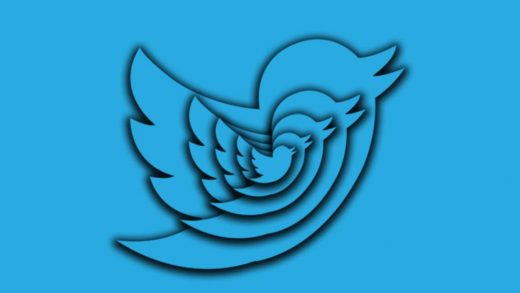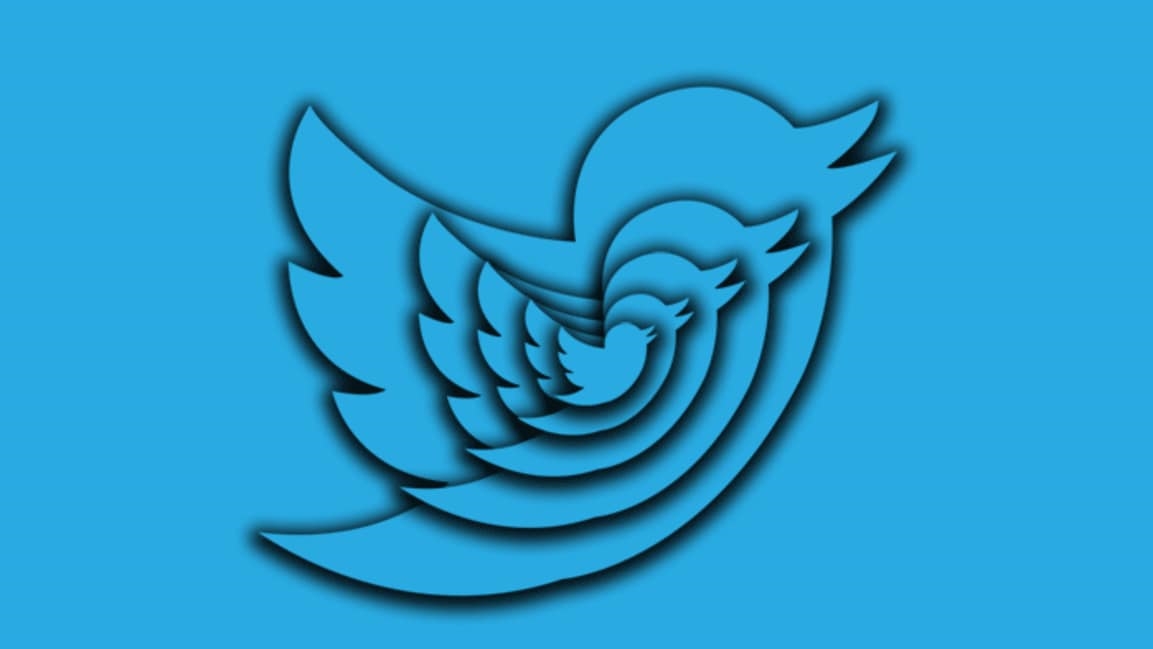Why the Twitter brand needs to get off Brand Twitter
Australian journalist Asher Wolf has been in near constant chronic pain since 2016, and since being diagnosed with a list of conditions including fibromyalgia, she has written extensively on her experiences navigating the health care system. (December 01, 2018) she tweeted, “Alright, I’m going to live tweet this ER experience because it’s already horrible.” Twitter responded with a glib joke. And when I say Twitter, I don’t mean it in the catch-all “Fox canceled Brooklyn Nine-Nine and Twitter is angry” way.
I mean, Twitter, the actual company and host of the platform Wolf was communicating on.
screenshot pic.twitter.com/ddNevwuyCg
— Cockatoo Drag Queen ? (@kittenlikeacat) November 28, 2018
What possibly could have inspired whoever had their fingers on the social platform’s feed at that moment to think that making light of someone’s ER experience was the cool-kid move here? Let alone someone with more than 60,000 followers?
? ? ? ? ? ? ? ? ? ? ? ? ? ? ? ? ? ? ? ? ? ? ? ? ? ? ? ? ? ? ? ? ? ? ? ? ? ? ? ? ? ? ? ? ? ? ? ? ? ? ? ? ? ? ? ? ? ? ? ? ? ? ? ? ? ? ? ? ? ? ? ? ? ? ? ? ? ????????????????????????
— Twitter (@Twitter) November 29, 2018
You’re right, @Twitter: There are no words.
The tweet was quickly deleted after it became clear that the joke did not land. Twitter also apologized to Wolf, tweeting, “We’re sorry for making light of a serious situation, and hope everything is ok. Our sincere apologies for the inappropriate reply in what’s clearly been a tough day.”
Mmhmmmm
— Twitter (@Twitter) November 27, 2018
Mmhmmm. But this should not be the end of that and onto the next outrage. This wasn’t some random mistake but rather a logical extension of a recent–and entirely conscious–personality adjustment of Twitter’s house feed. It’s a makeover overwhelmingly influenced by Brand Twitter (aka Corporate Twitter, or whatever you choose to call all the brand accounts desperately trying to appear hilariously human on the platform). Denny’s, Burger King, Moon Pie, Steak-Umm–take your pick of restaurant chain or grocery-store staple with a Twitter Personality. They’re all trying to dunk on each other with cheeky one-liners tossed off to elicit the ol’ “Brands, they’re just like us!” squeees from a general public so barraged by mind-numbing ad garbage at every turn, that something even remotely resembling a funny quip is treated as if Bill Hicks himself wrote it.
Wow, that’s big. pic.twitter.com/j97g551KGg
— Twitter (@Twitter) November 29, 2018
Back in September, a company spokesperson told The Verge, “We’re listening and learning a ton, and the team is having a blast. Goal is to have fun, bring everyone into the conversation, and celebrate the best of Twitter. It makes the world feel a little bit smaller.”
(I reached out to Twitter, and the company declined to comment further.)
Thoughts?
— Twitter (@Twitter) November 21, 2018
So far, Twitter’s version of the Best of Twitter is a lot of one-word and non-sequitur tweets and some oh-so-meta exchanges with CEO Jack Dorsey himself.
— jack (@jack) September 18, 2018
Whether you like that latest Moon Pie joke, or enthusiastically retweet when Mr. Peanut tweets at Burger King–or if it all gives you a sudden, irrepressible urge to Google “eye rabies”–this isn’t about the effectiveness of Brand Twitter.
This is about the Twitter brand.
Did you just see that?
— Twitter (@Twitter) November 16, 2018
Let’s be frank: If a platform is grappling with serious issues of abuse that makes Twitter a toxic place for way too many people, perhaps it should think twice about trading quips like a snack cake.
To name two of, I don’t know, infinity examples:
Pick a number, any number.
— Twitter (@Twitter) November 15, 2018
In September, Christine Blasey Ford was repeatedly doxxed on Twitter, leading her to have to go into hiding after receiving death threats. The company’s response was seemingly half-hearted, and tweets containing Ford’s information were deleted only after Slate reported on their wide availability. The company was also recently criticized for allowing personal death threats to be posted by suspected pipe bomber Cesar Sayoc, including one to political commentator Rochelle Ritchie. Ritchie had reported the threats and Twitter replied that it had found “no violation of the Twitter Rules against abusive behavior.”
Awkward
— Twitter (@Twitter) November 19, 2018
Indeed. Though with tens of thousands of users biting its cheeky bait, Twitter’s newfound whimsy does seem to be working for a subset of its audience. It just depends on your definition of the word “working.” Are these likes and retweets the measure of brand success when at the same time bot and non-bot generated racism, sexism, anti-Semitism, you-name-it-ism, is still so pervasive on the platform?
It’s a bit like if there was a plane crash and Delta was spending time during the investigation messaging everyone, “S’up?”
A subtweet
— Twitter (@Twitter) November 14, 2018
Twitter’s own apparent success with its new social formula illustrates the dichotomy between Fun Twitter and Real Twitter, between Jimmy Butler memes and death threats. For the company, it’s resulted in a split-personality which any brand expert will tell you isn’t a good thing. Twitter isn’t Moon Pie, so it shouldn’t be acting like Moon Pie or chasing the same Like/Retweet dopamine as any other brand on its platform.
When it does, it comes off like playing violins on the deck of the Titanic. Except instead of a string quartet, it’s just some asshole playing a kazoo.
Twitter, do your thing.
— Twitter (@Twitter) November 12, 2018
Fast Company , Read Full Story
(5)



